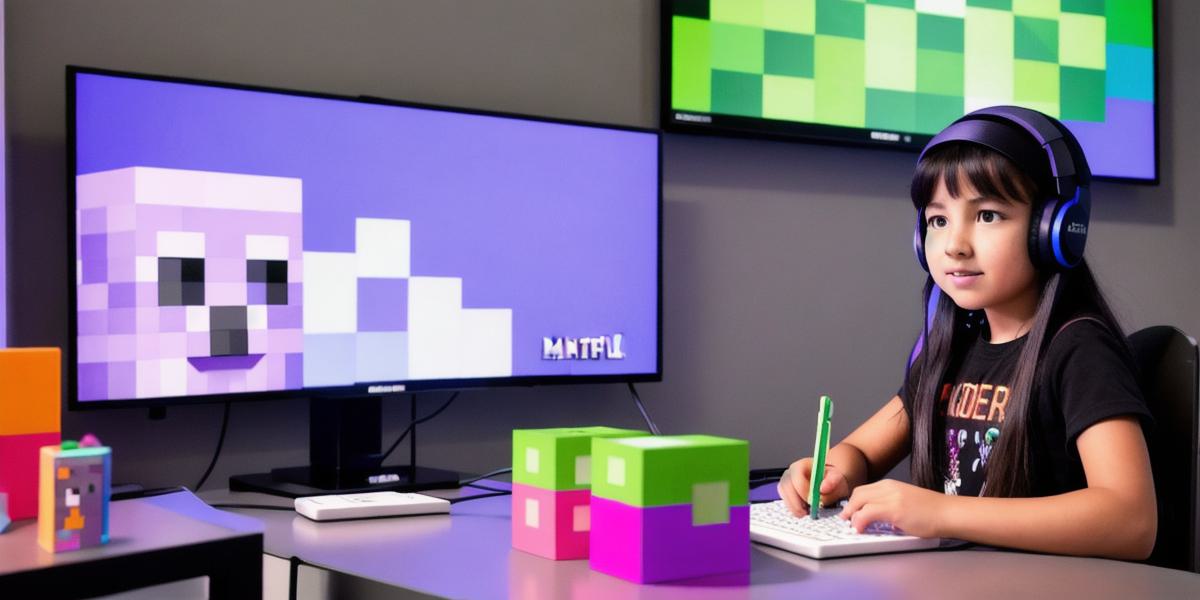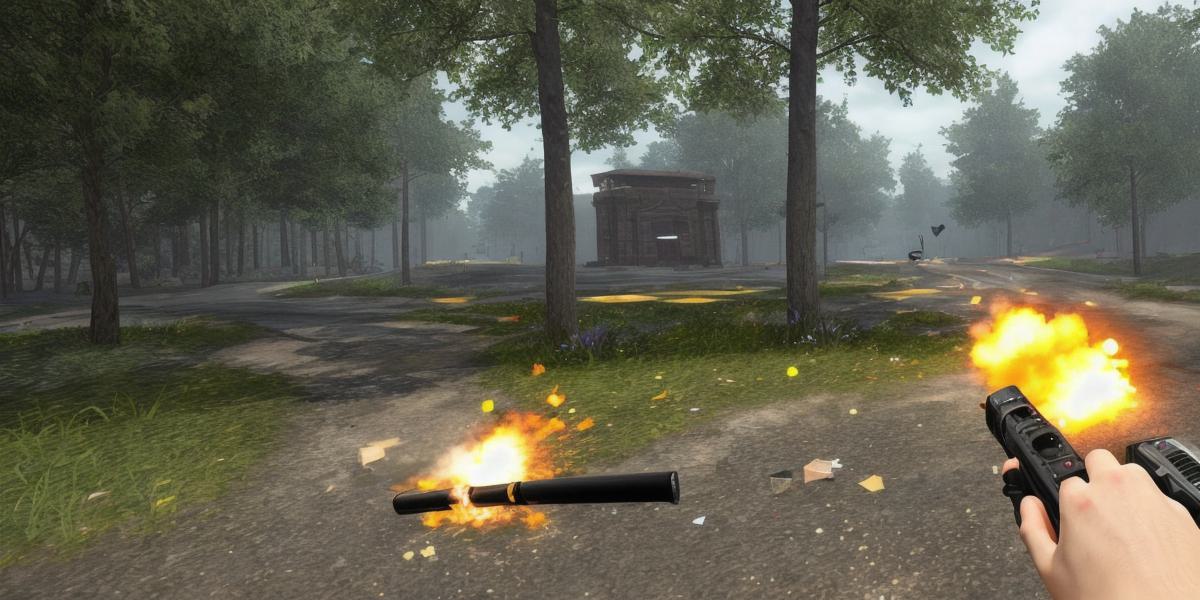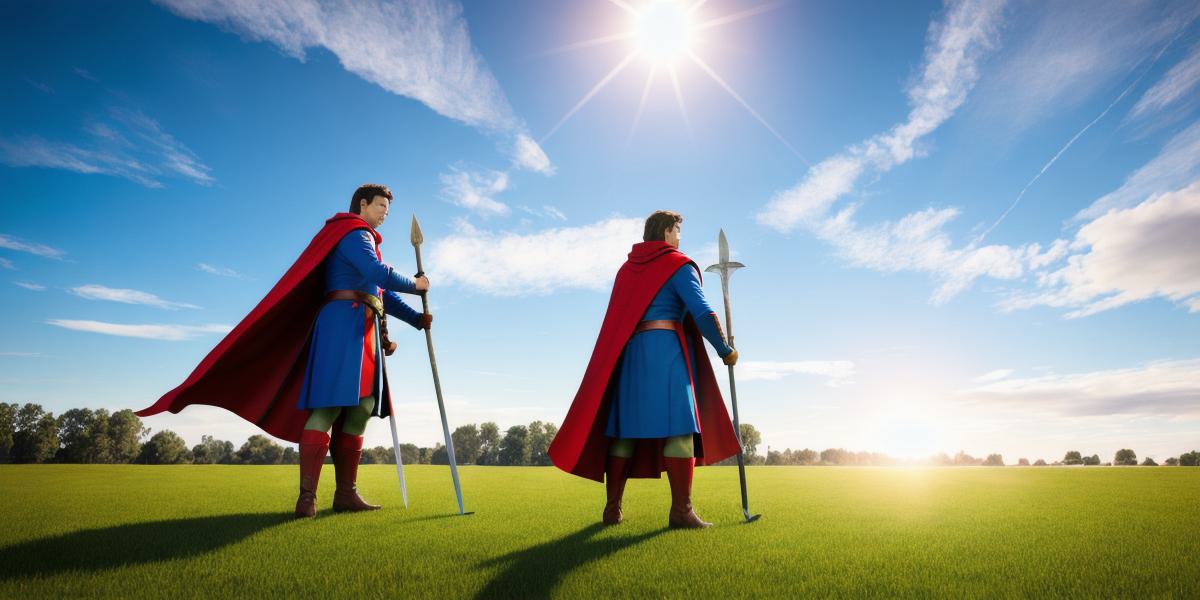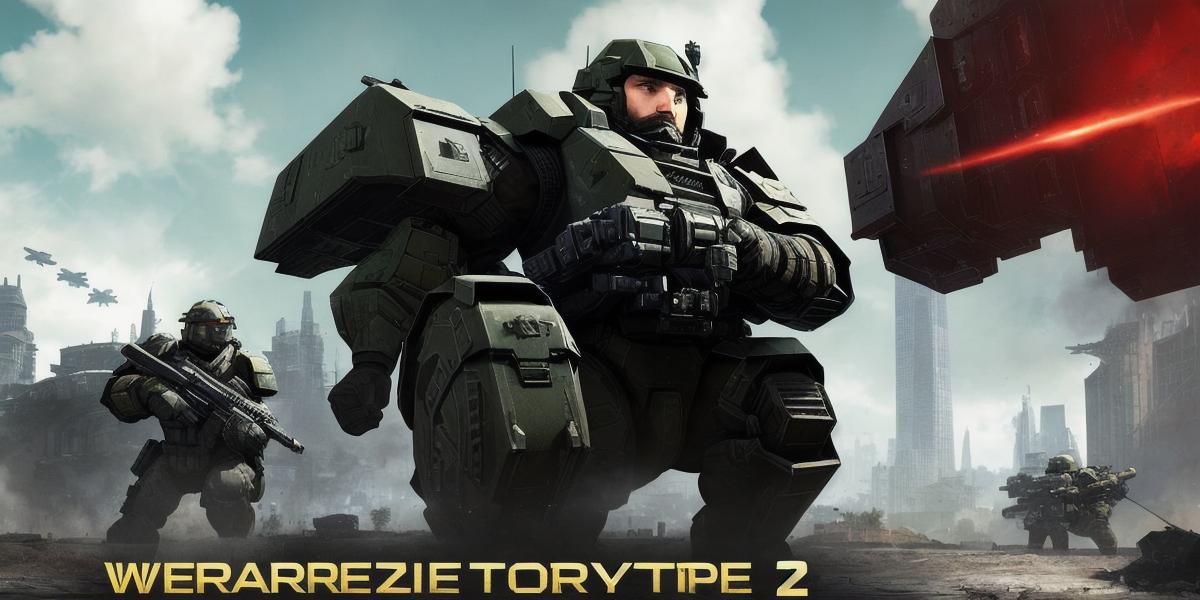Introduction:
Minecraft, a popular game that has captivated millions of players worldwide, has become a subject of debate among parents and educators alike. Some argue that it can help children develop their cognitive skills, while others believe it is nothing more than a time-wasting distraction. In this article, we will explore the various ways in which Minecraft can benefit children’s brains and provide some real-life examples to illustrate these points.
1. Problem-Solving Skills:
One of the key benefits of Minecraft is its ability to improve problem-solving skills. The game requires players to plan, strategize, and think creatively in order to build structures and navigate the virtual world. This process can help children develop their critical thinking abilities and improve their overall cognitive functioning.
2. Spatial Awareness:
Minecraft also helps children develop their spatial awareness by requiring them to visualize and manipulate objects in a three-dimensional space. This skill is particularly important for children who are learning to read and write or who are interested in pursuing careers in science, technology, engineering, and mathematics (STEM).
3. Collaboration:
Minecraft encourages collaboration by allowing players to work together on projects and build communities. This can help children develop their social skills and learn how to communicate effectively with others.
4. Creativity:
The game’s endless possibilities for creativity allow players to explore their imaginations and develop their artistic talents. Minecraft’s block-based building system encourages experimentation and innovation, which can lead to the development of new ideas and solutions to problems.
- Memory and Concentration:
Playing Minecraft requires a lot of memory and concentration, as players need to remember details about the game world and keep track of their progress. This can help children improve their memory and attention span, which are crucial skills for success in school and beyond.6. Cognitive Development:
Research has shown that playing video games, including Minecraft, can have positive effects on cognitive development. For example, a study published in the Journal of Educational Psychology found that video game playing can improve spatial reasoning and problem-solving skills.
7. Real-Life Examples:
One real-life example of Minecraft’s educational potential is the use of the game to teach children about history and archaeology. By recreating ancient structures and environments in Minecraft, students can gain a better understanding of how these civilizations functioned and what they accomplished.
- FAQs:
Q: Is Minecraft too violent for kids?
A: While some versions of the game may contain violent elements, there are many ways to modify or customize the game to make it more appropriate for younger players.
Q: Can playing Minecraft improve children’s academic performance?
A: Yes, research has shown that video game playing can improve cognitive skills and lead to better academic performance, as long as it is balanced with other activities.
Conclusion:
In conclusion, Minecraft can offer a range of cognitive benefits for children, including problem-solving skills, spatial awareness, collaboration, creativity, memory and concentration, and cognitive development. By encouraging experimentation, innovation, and communication, Minecraft can help children develop the skills they need to succeed in school and beyond. While it’s important to balance gameplay with other activities, Minecraft can be a fun and engaging way for children to learn and grow.



